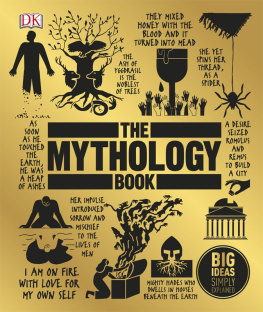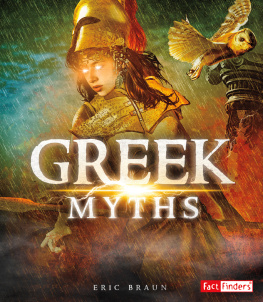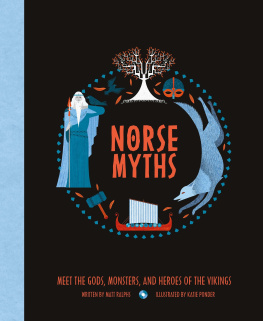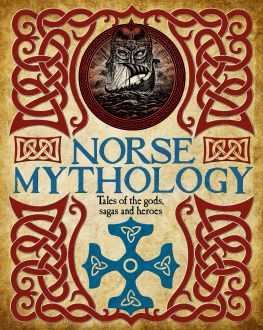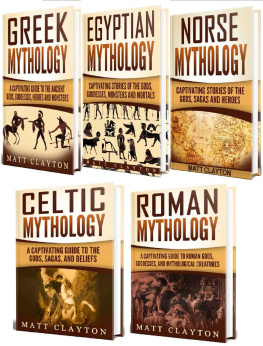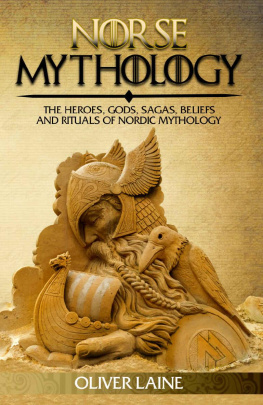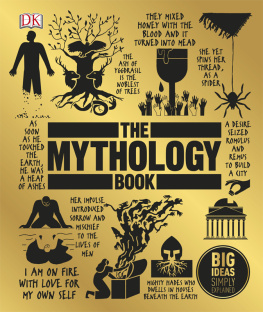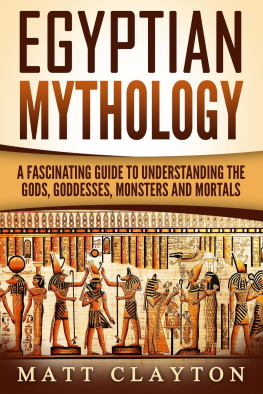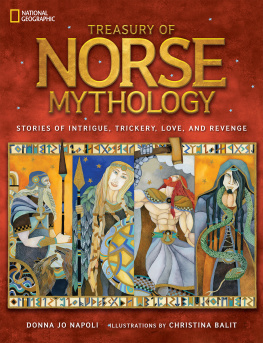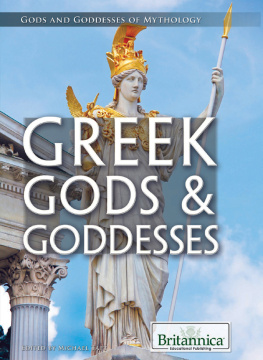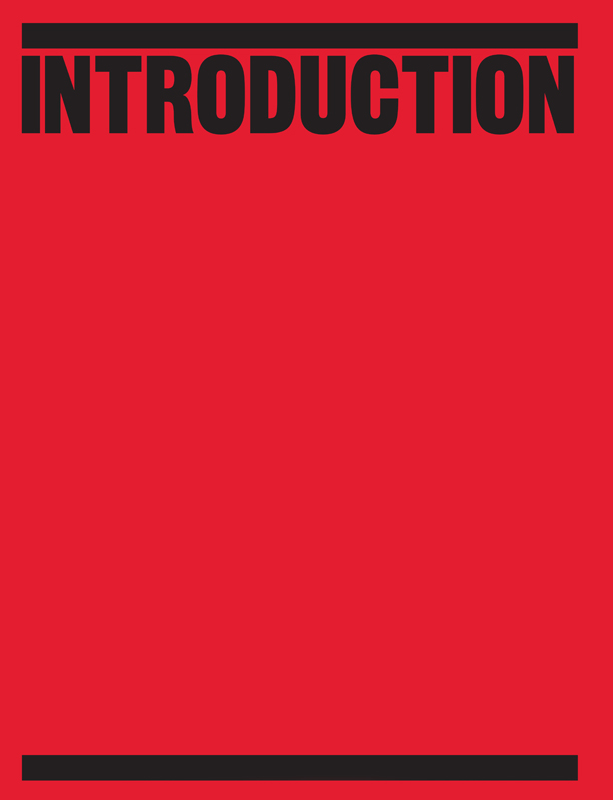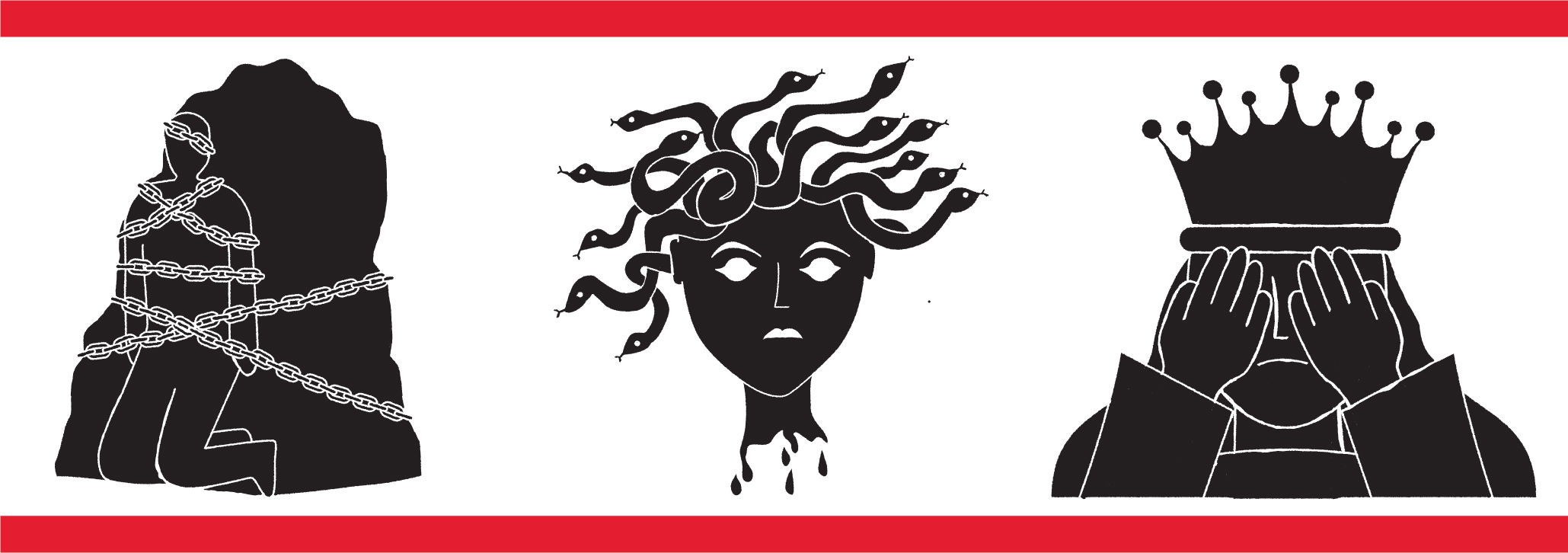With rare exceptions such as a recently discovered Amazonian tribe, the Pirahs every human culture has developed its own mythology to explain its origins and make sense of the phenomena observed in the natural world.
The word mythology comes from the Greek muthos, meaning story and logia, knowledge. Myths tell of the creation of the world or predict its end; they explain how animals were made and the land formed; they bridge the world of humans and the world of the spirits or gods; they try to impose order on a terrifying chaos, and to confront the mysteries of death. Crucially, myths are also the foundation of religions: they define cultures and codify their values.
Ancient civilizations
The mythologies of the ancient world take up much of this book. In ancient Mesopotamia in the crucible of civilization of the 4th millennium BCE , when humankind first learned to live in cities the Sumerians developed the first recorded pantheon of deities. It was preserved in statues, carvings, and ancient texts such as The Epic of Gilgamesh, in which the eponymous hero searches for immortality. Such a quest was repeated in myths the world over. Subsequent Mesopotamian civilizations developed, demoted, or culled the Sumerian gods and the myths associated with them. The powerful goddess Inanna, for example, became Ishtar in the Babylonian pantheon and later the Phoenician goddess Astarte.
Like other civilizations, ancient Mesopotamia was shaped by the narratives it used to explain the cosmos. Its rulers were guided by the gods, whose capricious will was interpreted by priests. The gods had to be continually praised and placated. During the Akitu, a 12-day festival held in the great temple of Marduk, people chanted the Enuma Elish, the Babylonian myth of Creation, with the force of a magical incantation in their ritual re-energizing of the cosmos.
Myth is the facts of the mind made manifest in a fiction of matter.
Maya Deren
Anthropologist
Great cultures
Myths had a great influence on the societal fabric of historys greatest civilizations. The rich and complex mythology of ancient Egypt emphasized the creation of order out of chaos. Such stories validated the governance of society and legitimized a status quo in which the pharaoh himself was viewed as divine and therefore worthy of being served. The Egyptians also saw time as cyclical; events that happened in their society were merely repeating what had happened before and had been recorded in their myths.
In ancient Greece and Rome, the foundation myths of city states were fundamental to the concepts of citizenship; they bound ideas of patriotism and common interest with divine authority. In Greece, which consisted of more than 1,000 city-states, each had a founding myth and a protective deity, which led to a highly complex set of myths that was often contradictory. It took the poets Homer and Hesiod to create a comprehensive, pan-Hellenic record of Greek mythology. Homers epic stories the Iliad and Odyssey and Hesiods Theogony comprised the first and most authoritative attempts to weave the disparate Greek myths into one narrative thread.
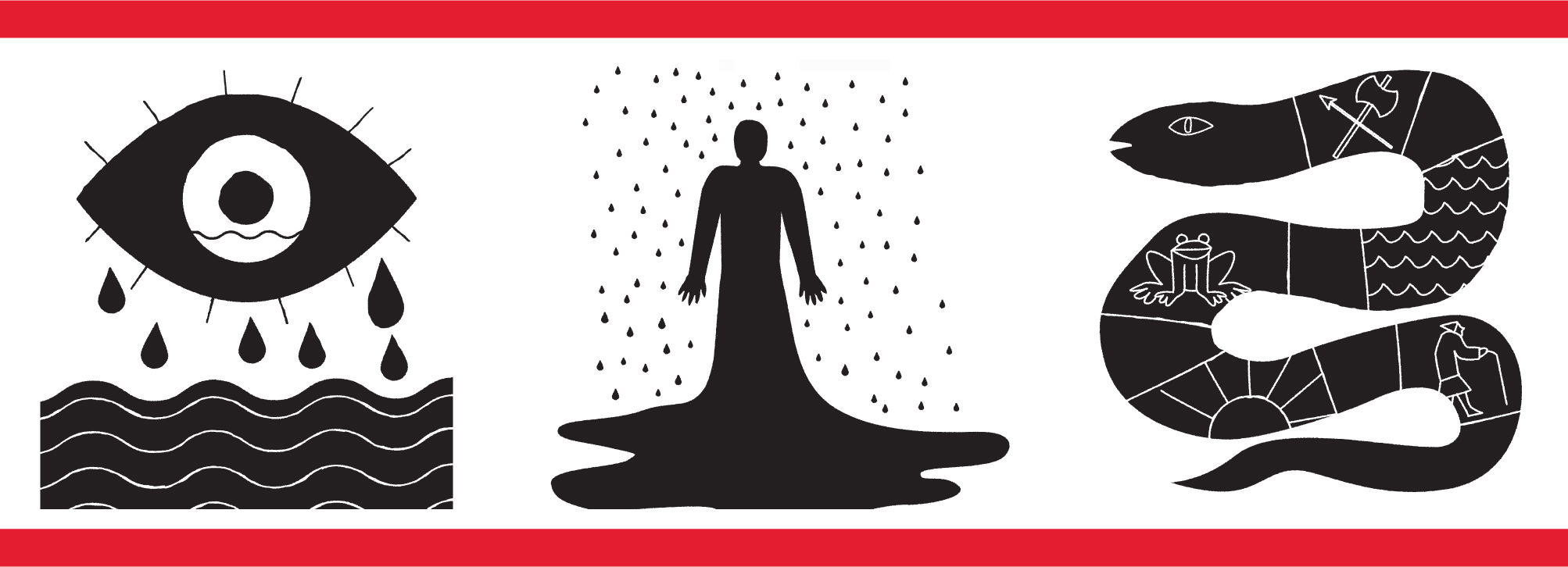
In ancient Rome, the local myths of Italic peoples, such as the Latins and the Etruscans, blended with the Greek myths that had gone before them. The poet Virgil composed a foundation myth for Rome, the Aeneid, consciously modelled on the epics of Homer, while Ovid retold many Greek myths in his narrative poem Metamorphoses, and recorded the myths of a number of purely Roman deities in his poem on the religious year, Fasti. The Romans enriched the mix by adding deities from Phrygia (such as the Great Mother Cybele), Egypt (the goddess Isis), and Syria (Elagabal, or Sol Invictus, briefly the chief god of Rome).
Preserving myths
The line between literature, myth, and folktale is blurry; many myths have been preserved as literary works. The popular tales of King Arthur are rooted in Celtic myth; while the Ramayana and the Mahabharata, the great works of Hindu mythology, are celebrated masterpieces of epic poetry. In preliterate societies, myths were recited and passed along orally. The written recording of a myth depended on luck, which probably led to the disappearance of a great many mythologies. Even in literate societies, such as the Viking-Age Norse, some myths survived through only a single source. Had the manuscripts of the mythological poems known as the Edda and of Snorri Sturlusons later Prose Edda been destroyed, we would know as little about Norse mythology as we do about the myths of the ancient Britons.
Living religions
Many tribal peoples including the Dogon of Mali, the Baiga of central India, the Tikopia of the Solomon Islands, and the Ifugaos of the Philippines still live in a world suffused by what outsiders might call myths. Oral tradition in these societies is remarkably enduring: as proven by the abundant myths or Dreamings of the Aboriginal Australians, the myths of the dma (creation spirits) among the Marind-Anim people of New Guinea, or the eloquent Chantways of the Navajo in North America. Many myths from these peoples, however, have not reached the outside world because they are secret, or they have not been collected or translated, or they have been lost as exposure to outsiders has attacked and destroyed indigenous cultures.
Mythology is the territory of poetic imagination, and the stories individual cultures tell are a profound expression of the creative impulse. Yet myths are more than simply stories; they are the stories cultures tell themselves about the great mysteries that perplex and intrigue us all: questions of birth and death and everything in between. Even now, myths remain the bearers of tradition and the spiritual and moral guide of peoples all across the globe.

